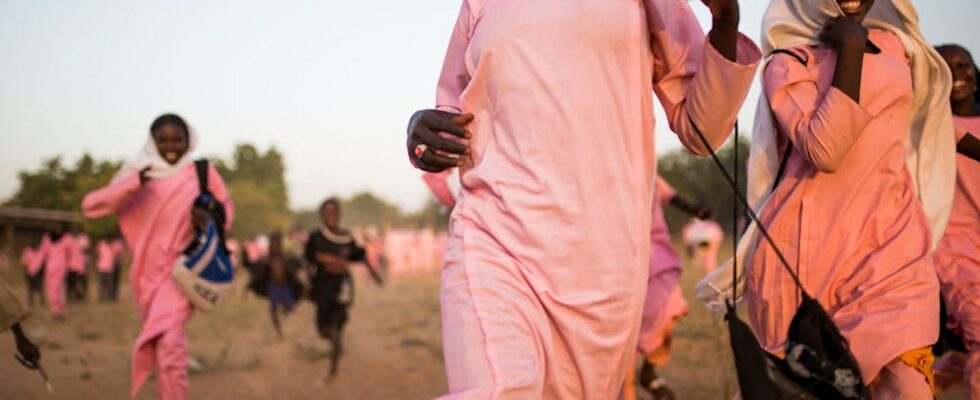In other countries, women’s movements, which were originally progressive, have been “eaten” by those in power and have themselves become part of the establishment. It has happened, for example, in Mozambique, where Mogens Pedersen has been ambassador for Denmark, he explains. – There are several female ministers in Mozambique, but that does not mean anything in particular in relation to the focus on equality or women’s rights, he believes. At the same time, there are a number of larger and less violent conflicts in several of the countries – between jihadists and governments, rebel groups and local militias, depending on local conditions. In several countries, for example the Sahel countries in West Africa, military regimes have taken over power in the last four or five years, and are trying to fight the rebel groups militarily. They take no account of the women’s movement. Civil society organisations, including women’s organisations, are often suppressed. Mogens Pedersen says that conflict always affects the women – if they have to take care of children in deplorable conditions in a refugee camp, have access to education and if self-determination fails, or more generally when security forces crack down on social movements and civil society, because they fear terrorism or rebellion. Despite all the challenges, there is also progress in terms of political participation and political rights. According to the Inter-Parliamentary Union, the proportion of female parliamentarians across countries in sub-Saharan Africa has almost tripled since 1995. According to the World Bank, the region has been at the forefront in the last couple of years in terms of the number of new laws that ensure women’s rights, whether within parental authority, equal pay or employment rights. At the same time, it is now also seen that women from many social strata – from the poor to independent “market women” to women with education – are organizing themselves and taking to the streets.
ttn-70
Progress for women in the world’s most vulnerable region

